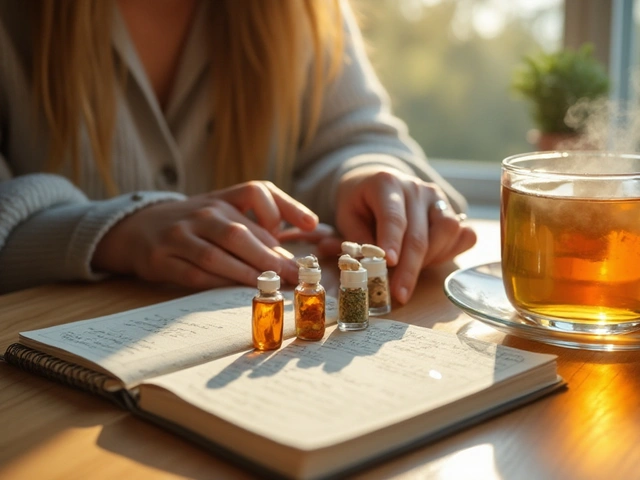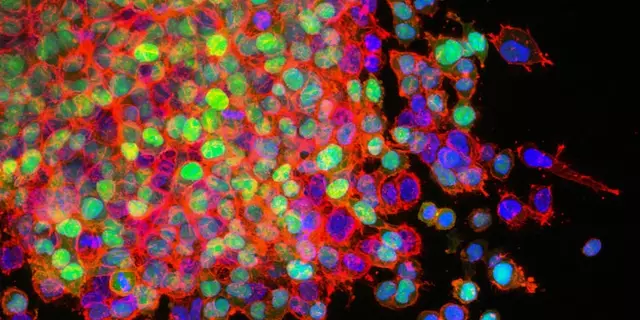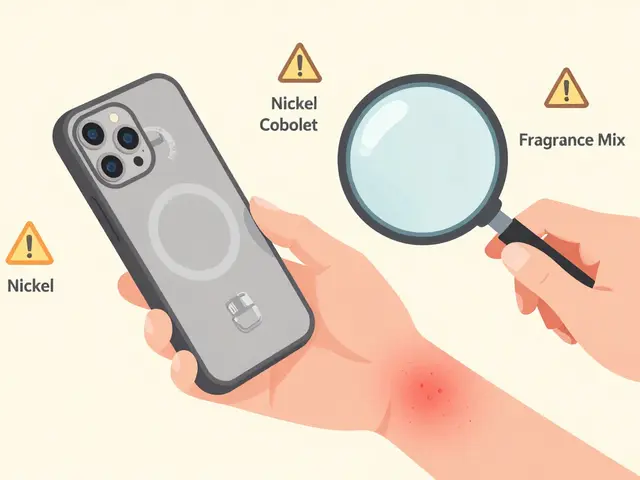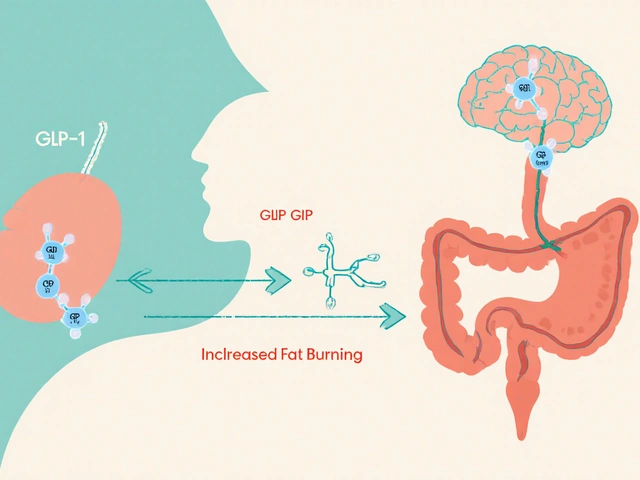Everything You Need to Know About Breast Health
Breast health is something many people wonder about but might find confusing to understand. Whether you're noticing unusual pain or simply want to care for your breasts better, getting clear, straightforward info is key. Let’s talk about what matters most when it comes to keeping your breasts healthy.
First off, breasts can feel different at different times, especially during your menstrual cycle. Tenderness, swelling, or a little lumpiness can be normal, but it’s important to know what’s not. If you find a new lump or feel a sudden sharp pain, don’t ignore it. Talk to your doctor promptly to check what’s going on. Most breast lumps turn out to be harmless, but early checks can give you peace of mind.
Simple Habits for Everyday Breast Care
Taking care of your breasts isn’t complicated. Wearing a well-fitting bra can make a big difference, especially if you have larger breasts. Support reduces strain and stops discomfort. Also, keep an eye on your skin's condition – dryness, redness, or any unusual changes should be noted. Regularly doing a breast self-exam, about once a month, helps you get to know what’s normal for you. The best time for this is a few days after your period ends when breasts are less tender.
What You Should Know About Common Breast Issues
Sometimes breasts may feel painful, lumpy, or look different due to various causes like hormonal changes, cysts, or infections. Conditions such as mastitis (a breast infection) and fibrocystic breast changes are common but treatable. If you experience sudden breast changes—like skin dimpling, nipple discharge, or persistent pain—these shouldn’t be ignored. Medical checkups will help identify if treatment is needed.
Remember, you know your body best. If something feels off with your breasts, getting advice sooner rather than later is the smart move. Breast health is part of your overall well-being, so don’t hesitate to ask questions and seek care when needed.
What is hormone receptor-positive breast cancer?
Hormone receptor-positive breast cancer is a type of breast cancer that is fueled by hormones like estrogen and progesterone. It is the most common type of breast cancer, accounting for about 70-80% of all breast cancers. It is typically treated with hormonal therapy, which helps to reduce the risk of recurrence. Hormone receptor-positive breast cancer is often detected through mammography and can be treated with surgery, radiation, chemotherapy, and/or hormonal therapy. The prognosis for hormone receptor-positive breast cancer is generally good with early detection and treatment.






